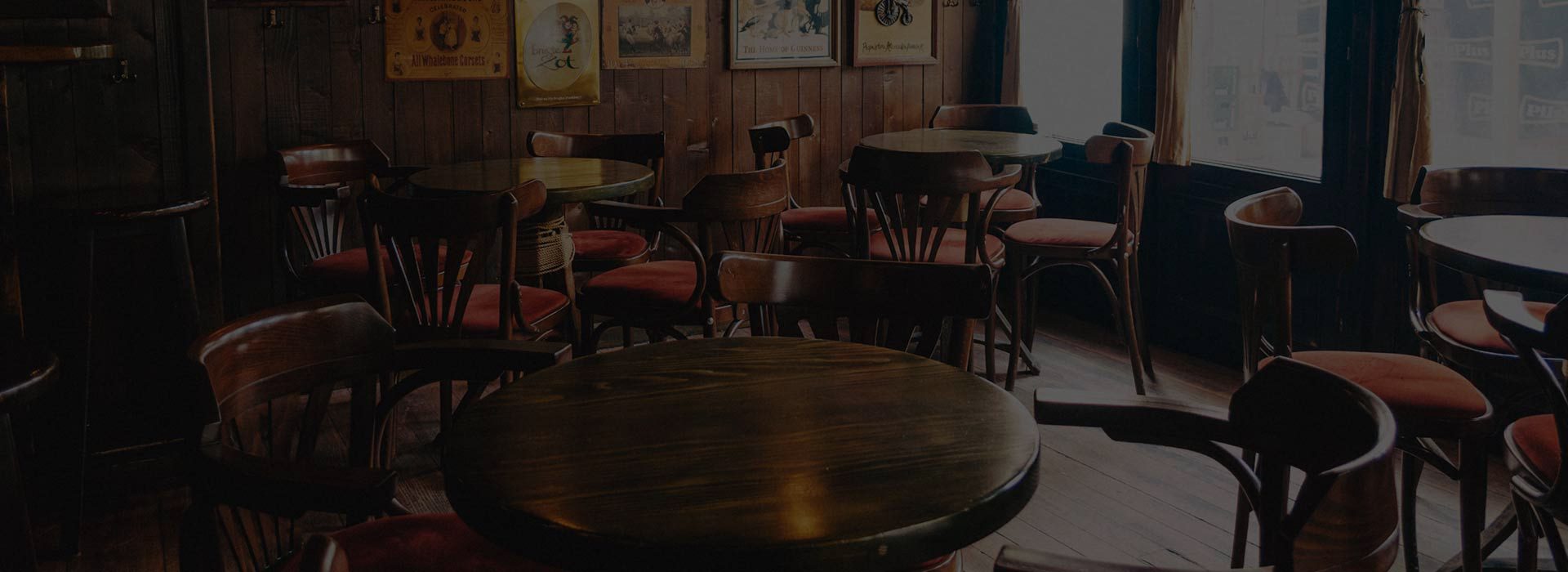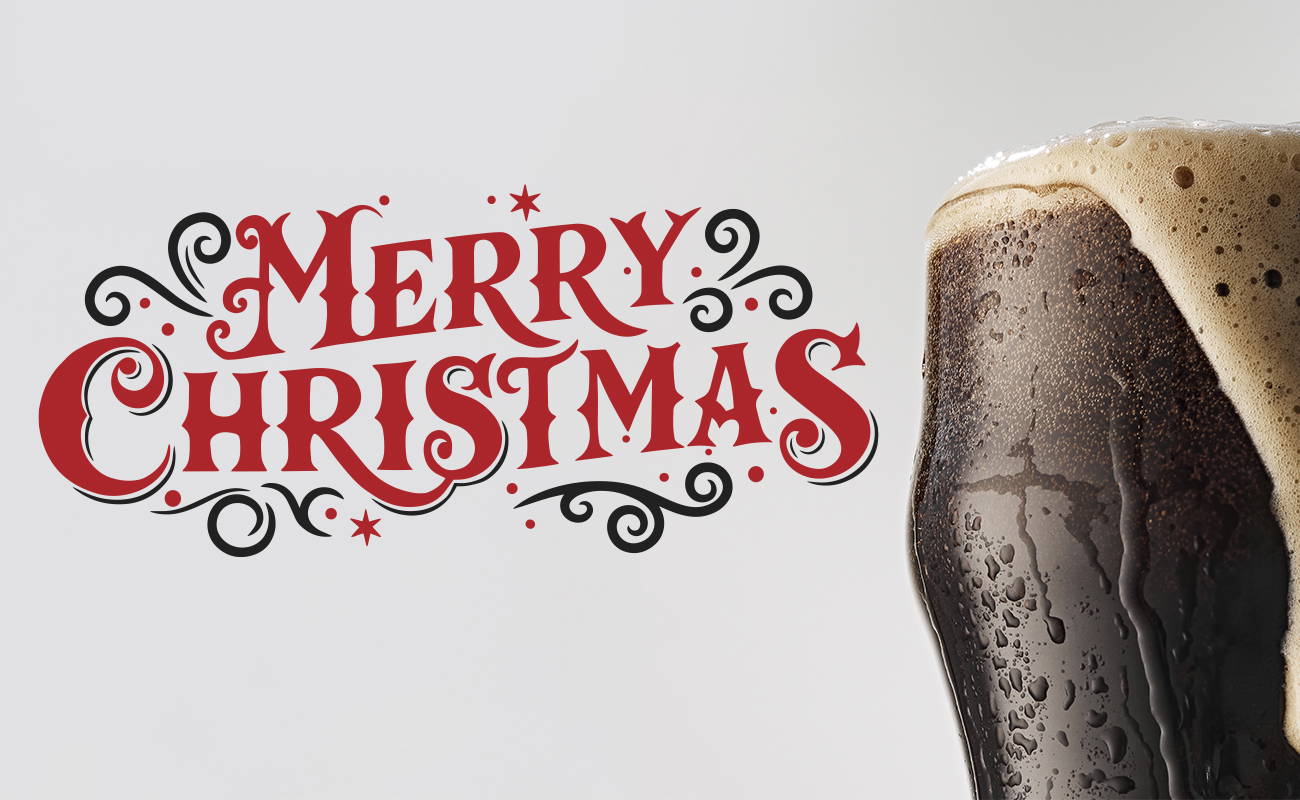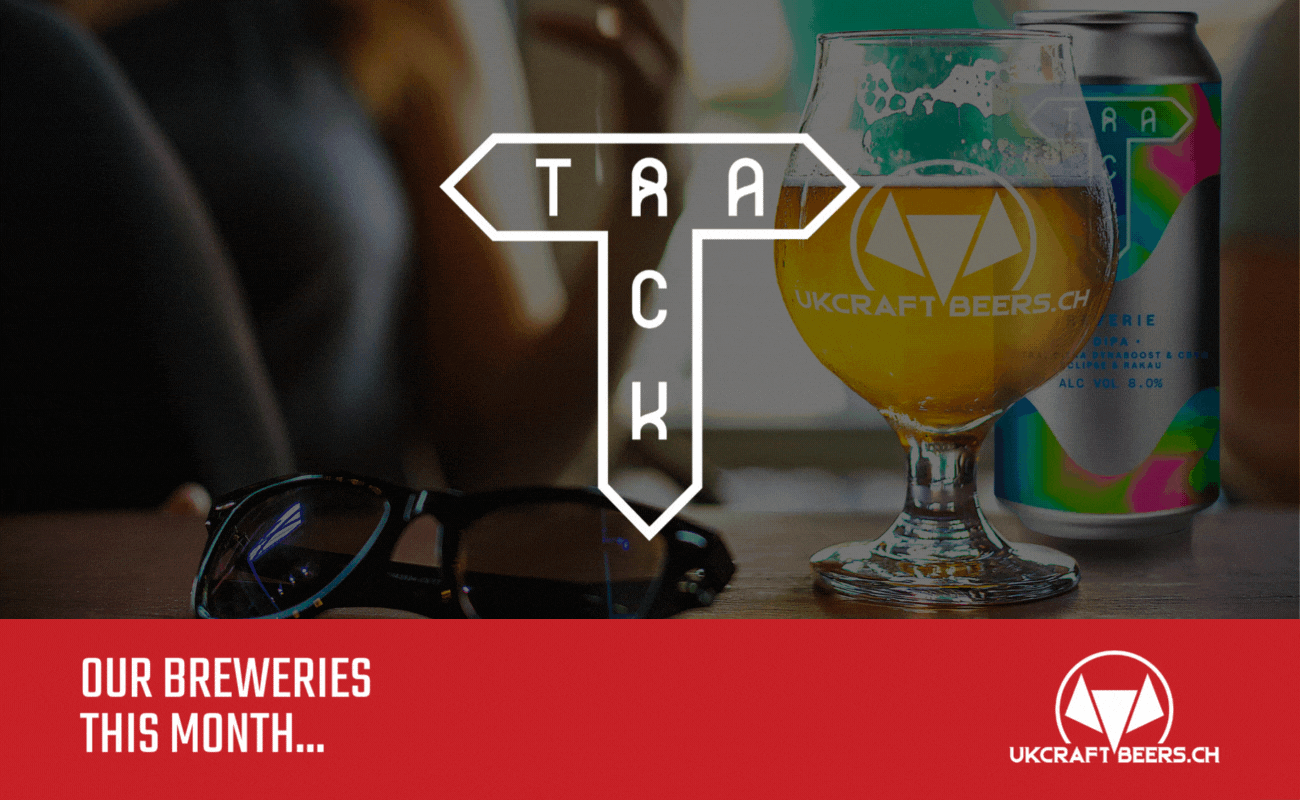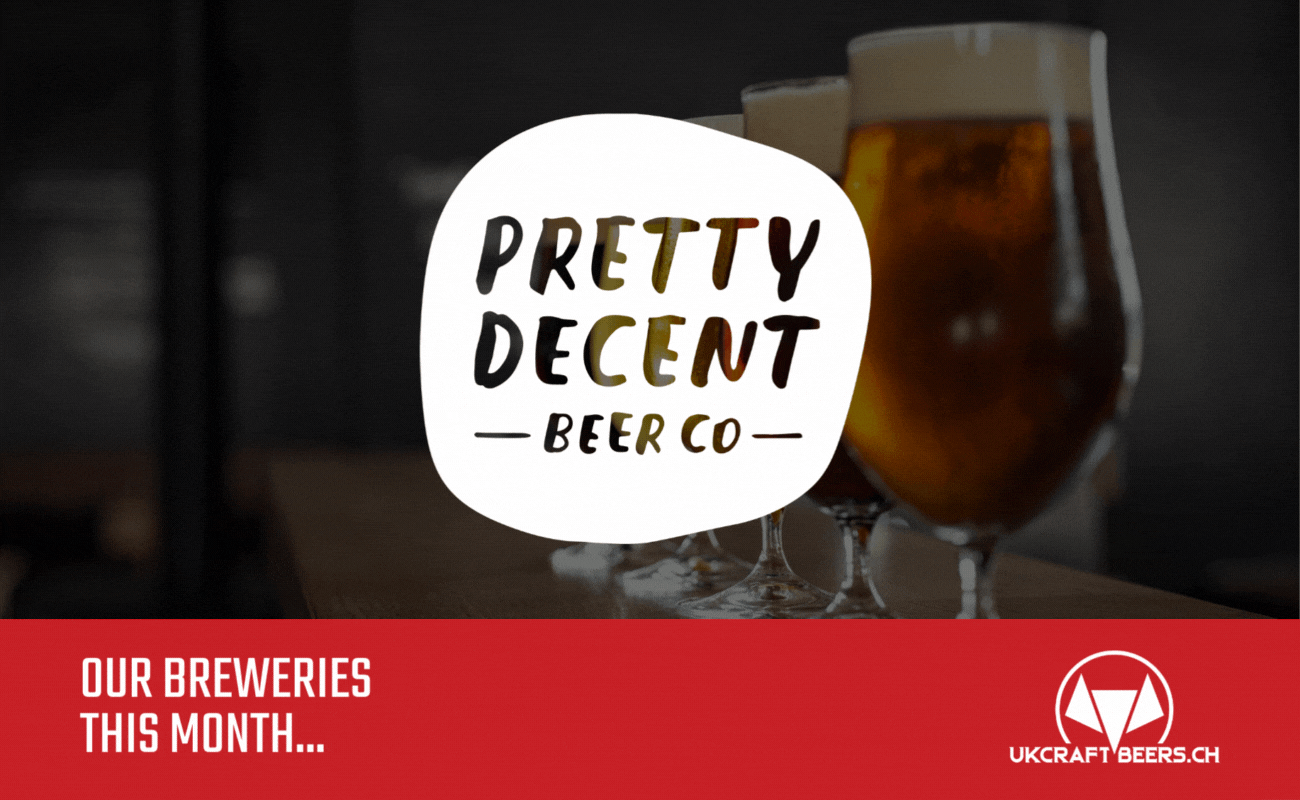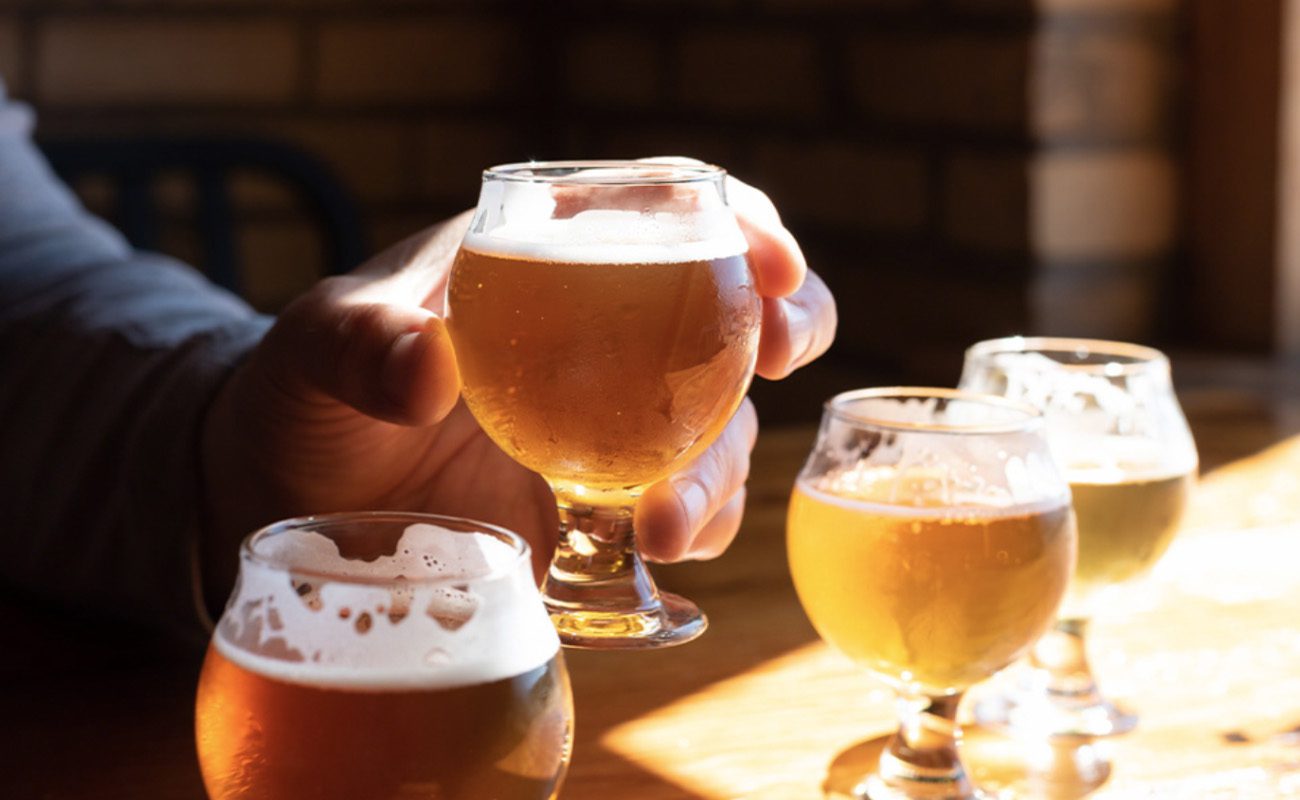
Anyone Can be a Master Taster
Anthony Gladman argues that anyone can be a master taster, with the right tools at their disposal.
I remember watching Saturday morning food programmes on the TV and wondering when the wine experts came on, how on earth they could find so much to say about each bottle.
Just one sniff was enough to set them rattling through a long list of comparisons. One wine was like a flower meadow bursting with all sorts of berries and fruit, while another had leather, spice and crushed violet. Crushed violet? Does that smell any different to violet that has not been molested?
I was left with the impression that these people possessed skills I did not. Certainly, they could wax lyrical in a way I could not. But was it bullshit, or could they also taste and smell better than I, as a mere mortal, could ever hope to do?
SENSES AND SENSITIVITY
“I remember going out to have Japanese food and drinking what I thought was delicious soup and it turned out to be soy sauce,” says Bianca Bosker, author of Cork Dork. “I think my palate was nothing special.”
In her book, Bianca exposes a hidden world of flavour-obsessed sommeliers and shares how she trained to join their ranks. “Once I saw what these people were capable of, once I realised that there were humans who had these sensory skills that I associated with dogs at the airport, I wanted to know if I could do what they did. It made me really wonder what was I missing.”
You can see similar flavour-finding feats displayed in beer reviews posted online. Some people dig all sorts out of their IPAs: mango, peach, apricot, honey, citrus, lime, guava, papaya, lychee, orange pith. Are they making it up? Probably not. Sure, everyone’s experience of taste is individual. But when enough people agree that a given hop smells of tropical fruit, blueberry and citrus then you have to accept that it probably does, even if you can’t pick out any of those things for yourself.
But there is good news: you can learn to get better at picking out flavours. It all boils down to active tasting and smelling. This is a skill that can be learned, just like tying your shoelaces or improving your handwriting. “Any of us can train our sense of smell,” says Bianca. “There’s research on this that shows it’s not a question of winning the genetic lottery.”
“IF I’M EATING FOOD I LIKE TO SMELL IT BEFORE I EAT IT. IF I’M EATING A PIECE OF SUSHI I WANT TO DRAG OUT THE PLEASURE.”
Ah, I hear you say, but what about ‘super tasters’, eh? Well, yes, there are some people who have more taste buds packed into their tongues than normal folk, and who are able to perceive flavours at lower thresholds than the rest of us. But this doesn’t mean they are better tasters. As Barb Stuckey points out in her book Taste, that would be like saying people with perfect vision make the best art critics. To explore what this means, we need a better idea of what’s really going on when we taste something.
Flavour is a combination of taste (gustation) and smell (olfaction). Unlike our other senses, taste and smell are both chemical. They rely on direct contact with microscopic particles from our food and drink, or from the environment, to activate them. In other words, if you can smell something that means a tiny part of it has gone into your body. Try not to think about that too hard next time you go to the loo.
AROMA-RAMA
Smell is especially important, accounting for 75% to 95% of what we perceive as flavour. We have taste buds capable of distinguishing just five basic tastes: salty, sweet, sour, bitter and umami. But humans can distinguish a vast amount of different aromas, and it is olfaction that turns sweet into strawberry, for example. This is why it’s important to smell your food, or your beer, if you want your experience of it to be at its fullest.
A lot of us think we’re not that hot when it comes to identifying aromas. We tend to overlook our sense of smell in favour of sight and hearing. “We can also be very wary of our sense of smell,” says Bianca. “We tend to think of it as a bad thing. Something smells, right? That’s what the first thought is: rotten fish, a co-worker’s lunch, garbage. It’s not a sense that we give a lot of priority.”
Humans have a long history of dissing our own sense of smell. It dates back at least to Aristotle if not longer. But despite this our sense of smell is actually pretty good. For certain odours (amyl acetate, for example, the main odourant in bananas) we are actually more sensitive than dogs.
“I go out of my way to smell everything,” says Bianca. “If I’m eating food I like to smell it before I eat it. If I’m eating a piece of sushi I want to drag out the pleasure. I want to enjoy the nuances there.”
Smelling food doesn’t just mean sniffing it. The experience doesn’t end once you put it into your mouth. Volatile particles — the molecules that carry aromas — can make their way up from your mouth into your nose even while you’re eating. Our noses are processing aromas all the time and turning basic taste information into rich and detailed flavours.
This is important for beer as well, particularly if it has been served too cold. As the beer warms in your mouth, more aromas will be released. If you hold your breath as you taste and then breath out through your nose, you will experience another rush of beery flavour as the chemicals wash over the olfactory receptors in your nose.
“YOU ALSO HAVE TASTE CELLS IN YOUR STOMACH, SMALL INTESTINE AND PANCREAS THAT LOOK EXACTLY LIKE THOSE IN YOUR MOUTH.”
So if you really want to taste something then there’s one simple thing you can do: keep it in your mouth for longer. And don’t just keep it still on your tongue. Most of your taste buds are there, but they are also present on the roof of your mouth, on the sides of your mouth and in your throat. You don’t need to swill your drink as if it was mouthwash, but it helps if you allow the beer to move around a bit.
(By the way, if you’re familiar with the ‘tongue map’ that says we perceive certain tastes on certain parts of the tongue, forget it. That has been debunked. And fun fact: you also have taste cells in your stomach, small intestine and pancreas that look exactly like those in your mouth. The only difference is we don’t process information from these ones consciously.)
REPEATED TASTING
Another important part of learning to be a better taster is to give yourself repeated exposure to the flavours you want to recognise. And yes, that does indeed make a good excuse for drinking more beer.
Hannah Lanfear is a drinks educator whose company, The Mixing Class, has tutored some of the country’s best bartenders. She also trains people across the drinks industry how to nose and taste spirits, and in 2019 she was named Spirits Educator of the Year by Imbibe Magazine.
When Hannah teaches WSET Diploma courses she always encourages her students to taste more spirits. Even at this high-level of industry certification, repetition is key. “If you recognise something it’s like cutting down pathways,” she says. “Once you’ve smelt apple in something you’ll smell it again. You can cut a pathway and you can walk down it more easily next time. Unless you’re constantly nosing and tasting you’re not going to improve at it.”
The aim is not just to smell the aromas but to fix them in your mind. Research shows that language is important to this, and that talking about aromas, putting words to each one, is vital for locking the sensory information into our brains in a way that can be retrieved later.
This is why tasting and discussing with a friend is more effective flavour training than drinking alone. But even if it’s just you and a can at home, you can still hone your skills my making tasting notes.
Knowledge can also be an important hook to developing your palate. “If you know something about [the drink] it captures your imagination and your emotion. You’re more receptive,” says Hannah.
“When it comes to nosing spirits the skill of it is to have a huge bank of memories of having nosed other spirits. And yeah you are looking for aromas that have got chemical similarities to things found in nature, but your approach is certainly influenced by an understanding of production methods.”
So for example, if you’re nosing a vodka and you can’t smell much, you might panic and think your sense of smell has departed you. Or you might fall back on the knowledge that vodka is distilled to very high strength, and infer from this that the lack of odour is to be expected.
Even so, Hannah says it can be revealing to nose spirits with people that haven’t got any experience. “They’ll find something that’s definitely there and you’ll be like: wow that’s awesome, I never saw it that way before.”
So for beers, it can help to know which hops have been used because this can indicate the aromas you might expect to find. But at the same time you should remain open to your own senses because you might experience something from a beer that others do not.
PUTTING PALATES TO THE TEST
Once you have tasted and read widely on beer and fancy you know a bit about it, perhaps you’ll want to take things further. Maybe you’re interested in joining the ranks of Cicerones and Beer Sommeliers. If you’re really interested in developing your tasting skills to this level, then it can be helpful to put them to the test.
Blind tasting beers is a great way to do this. It tests all of your faculties. When you’re faced with a beer that could be almost anything, you must draw on your sense of taste and smell, but also your knowledge of beer and your memories of previous taste experiences. This can be almost impossible to do on your own (unless you’re OK with fetching and pouring beers with your eyes closed) but getting a friend to help also means you can talk through the beer with them as you taste it. This brings language into exercise, which is another important component to flavour recognition.
One person who’s done this more than most is Em Sauter, an Advanced Cicerone from the USA who is studying to move up to Master Cicerone (of whom there are just 19 in the world). Em has had a couple of unsuccessful attempts at the exam, which is not at all unusual. The pass rate is extremely low.
“FOR BEERS, IT CAN HELP TO KNOW WHICH HOPS HAVE BEEN USED, BECAUSE THIS CAN INDICATE THE AROMAS YOU MIGHT EXPECT TO FIND.”
“The tasting [part of the exam] is really brutal,” she tells me. “They put a beer in front of you and they’re like: what style is this?” With over 100 recognised beer styles to choose from, candidates need a lot of knowledge to back up their choices. “How do you discern if it is an extra stout or a foreign extra? Those are pretty similar,” she says.
Em says she is not one of those people that can pick apart food, and has no idea what she is drinking when she drinks wine. “I’m the worst wine drinker ever. But with beer it’s different. I don’t know how or why. I think it’s just my passion for it.”
So despite not being a supertaster, Em was able to identify the mystery beer placed in front of her during her exam. How had she reached this point?
“The number one piece of advice I always tell people when they want to be a better taster is to just drink — obviously responsibly — but just get your hands on anything. Just drink everything. Even if you don’t think you like it.”
WHAT SMELL CAN DO FOR YOU
Even if a shiny beer-expert badge doesn’t appeal, it might be worth trying a blind tasting some time. Developing this skill can have some benefits beyond geek points.
“What blind tasting does is force you to stay true to your own experience of something,” says Bianca. “There are foods that I dismissed before that I now love because I’ve been honest with myself. American cheese is not really cheese and it’s an unholy colour of orange but my god it’s delicious with eggs on a bagel. Or there are things I don’t spend as much money on any more because I’ve realised that the cheaper version is better.”
“I’M THE WORST WINE DRINKER EVER. BUT WITH BEER IT’S DIFFERENT. I DON’T KNOW HOW OR WHY.”
Bianca says there has been a big oversight in our obsession with food — and the same goes for craft beer. We spent a lot of time and energy and money finding things that taste better without taking the time to teach ourselves to taste well. “I think we’re missing something,” she says. “Training your taste doesn’t have to be expensive, it doesn’t have to be something that you quit your job to do. It can start out with something as simple as building your sense memory by describing the smell of every aroma you encounter over the course of your day.”
To illustrate this Bianca picks some pine needles as we talk. “Smell can make you feel differently; this smell of pine needles is actually putting a smile on my face,” she says. “We have a limited number of hours on this planet and to be able to learn more about where I am and the world that I occupy is a blast.”
Article Source – Ferment Beer 52
Article Source – Ferment Beer 52


